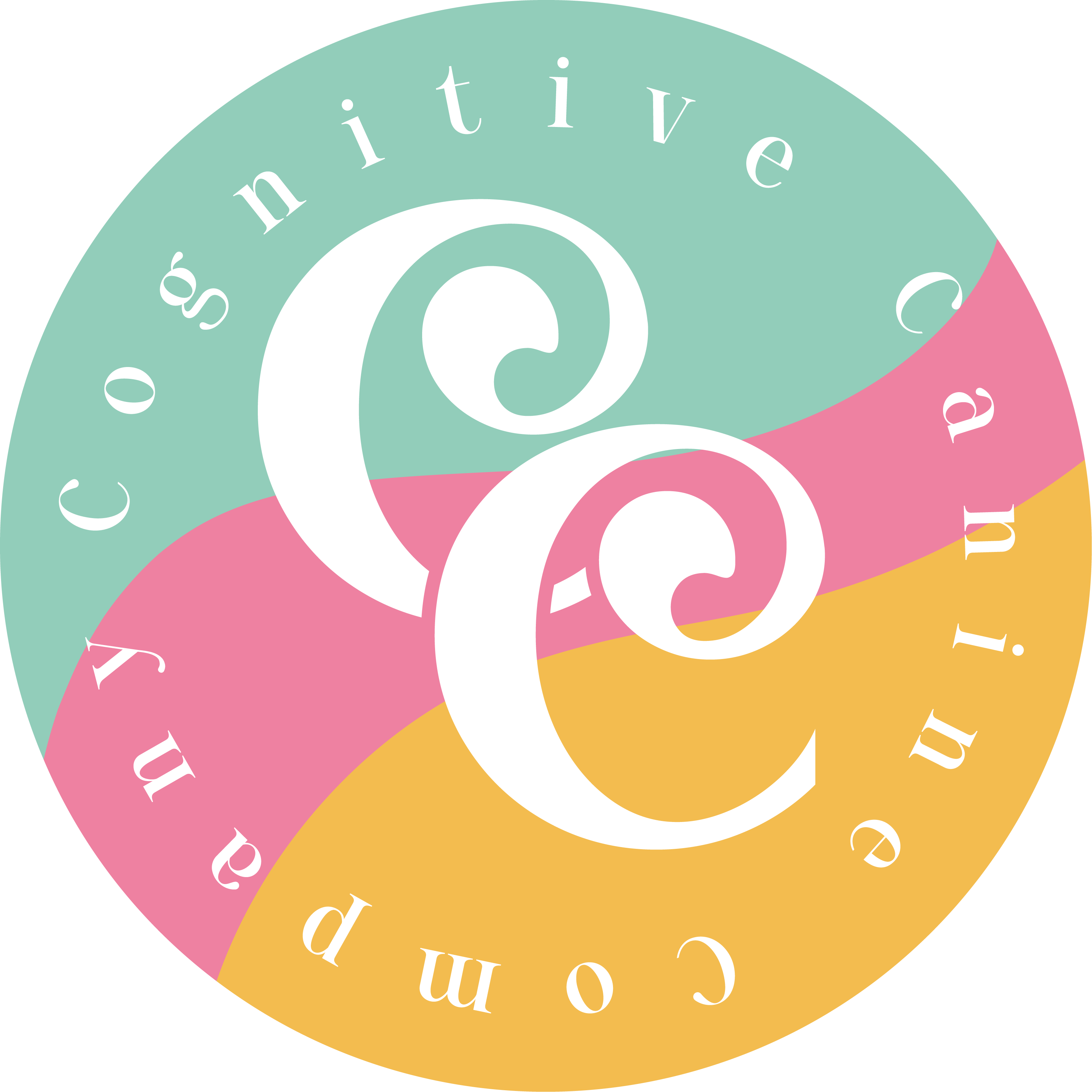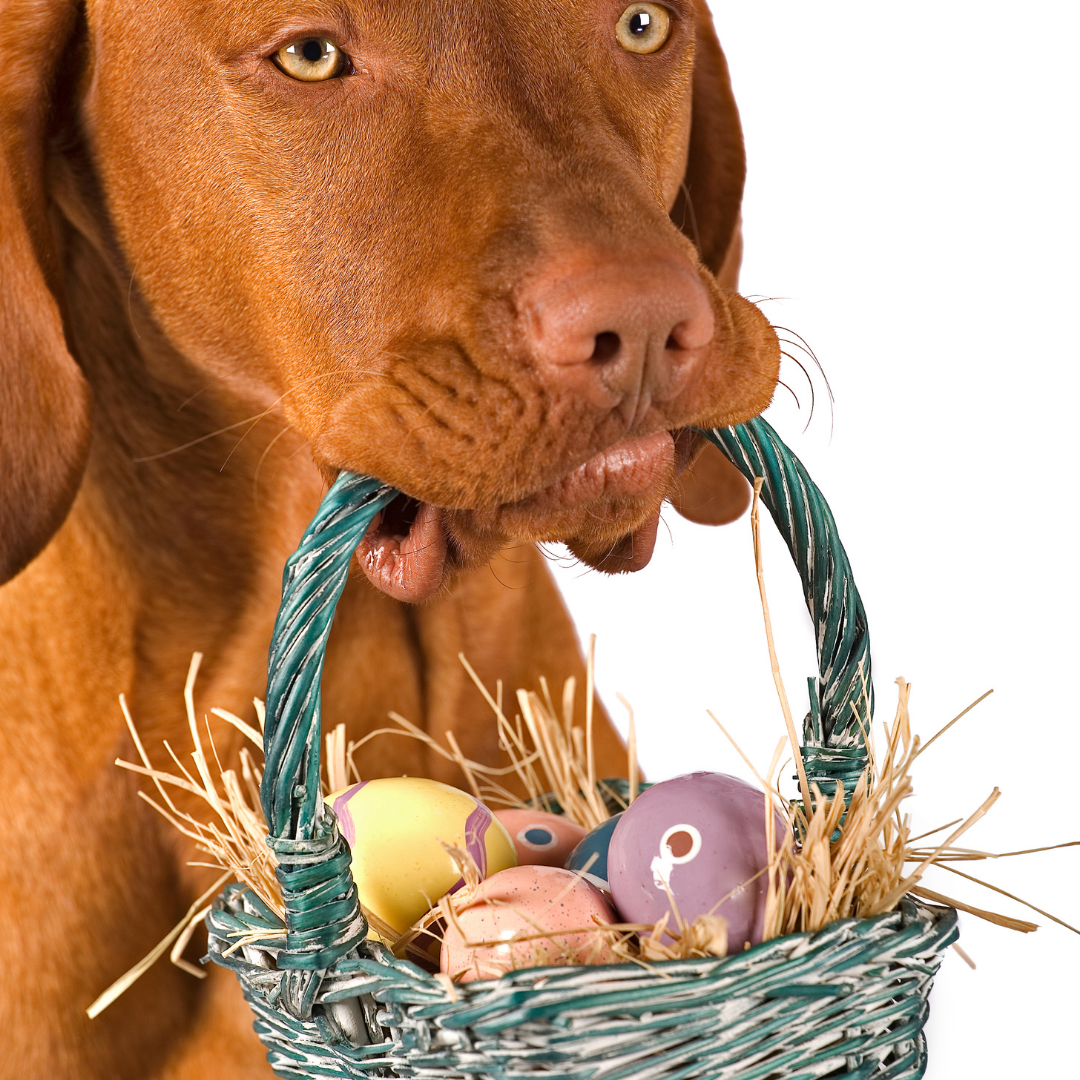With Easter also coming up, it is important to remember that whilst this time is filled with delicious snacks for us humans, the seasonal confectionery we buy and consume around this time are harmful to our pets. Chocolate, containing the chemical theobromine, is toxic to dogs and can potentially affect the heart, kidneys, muscles and stomach. Dark chocolate contains the highest-level theobromine and is therefore the most toxic, however your pet can suffer effects whether they eat dark, milk or white chocolate.
What symptoms might my pet have if they eat chocolate?
Common signs following chocolate toxicity can include vomiting, abdominal pain, salivation, drinking and urinating excessively, an increase in heart rate and wobbliness. Less common but potential signs of toxicity, depending on the amount ingested include tremors or seizures, stiffness of the muscles and/or kidney failure. The effects of chocolate ingestion will vary on the size of your dog and the amount they have eaten.
What should I do if my dog has eaten chocolate?
Contact your Veterinary practice as soon as possible, informing them of the type and amount of chocolate your pet has eaten. The Vet may suggest bringing them into the surgery in order to make them sick. They also may advise hospitalisation overnight for fluid therapy to help flush toxins through the system.
Are there any other treats that are toxic to my pet?
Yes! Hot cross buns or any treats containing raisins should be kept out of reach of animals. Raisins (and any fruit in the raisin family such as grapes, currants and sultanas) are particularly dangerous to our pets as there appears to be no correlation between the amount ingested and the effects it can cause. This means that even one raisin could cause illness.
Signs of raisin ingestion may include vomiting (sometimes containing blood), diarrhoea, kidney failure, wobbliness or weakness of limbs and generalised lethargy. Your vet may suggest making your pet sick and running blood tests to check kidney function, as well as hospitalisation for fluid therapy and medications as necessary.
It is always important to remember to take any packaging or information with you to the Vet if you think your pet has ingested something toxic. Have a wonderful Easter, just remember to keep all delicious human treats safely away from your dog!


